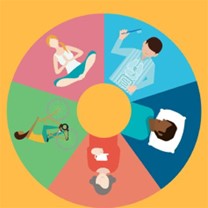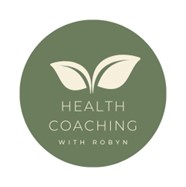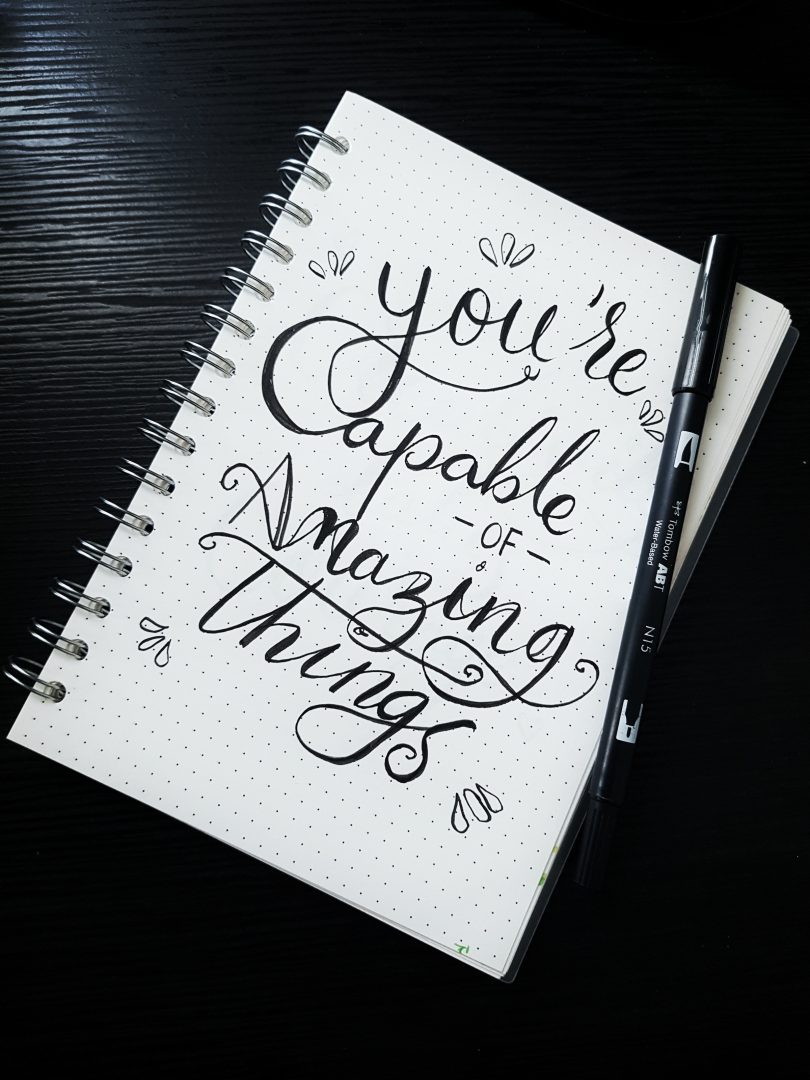The Missing Link
“We are the master of our destiny. We are responsible for our own happiness.”
– William Ernest Henley

Taking control of our situation and our own life. This is something often pushed to the side, especially when it comes to our health, it falls by the wayside as excuses and other priorities get in the way.
How often do you think ‘Ah, I’ll do it tomorrow instead!’
The difficulty is that tomorrow is so full of the things that you didn’t get to today that it never actually happens.
Health coaching has been around for a while in the form of health and wellbeing for certain corporate companies, however, it has started to gain much more traction. Companies are beginning to realise the benefits of having someone to provide one-on-one interaction with a skilled health expert (that has broad knowledge in the pillars of health). It means fewer sick days for employees so less outlay. As an individual, you will potentially reverse the chance of contracting a lifestyle related disease and feel much better than before.

With chronic disease ever increasing and many of these diseases bought on by today’s modern society-how we live, how we eat and how we exercise, are brought into the limelight.
Lifestyle diseases (also know as Noncommunicable diseases – NCDs) kill 41 million people each year, equivalent to 74% of all deaths globally. Each year, 17 million people die from a NCD before age 70; 86% of these premature deaths occur in low- and middle-income countries. Cardiovascular diseases account for most NCD deaths, or 17.9 million people annually, followed by cancers (9.3 million), chronic respiratory diseases (4.1 million), and diabetes (2.0 million including kidney disease deaths caused by diabetes)1.
A lot of it is reversible – with the right personalised direction, understanding and knowledge – these numbers could start to go down.
What Does Health Coaching Involve?
It’s taking the moment, and making that first step towards your goal.
That goal could be losing weight/getting a better night’s sleep/getting your heart pumping faster 3 times a week for 30 minutes, or so many other things.
Everyone has their own individual goal and their own individual way to get there.

The thing is, your goal might seem so far off and impossible right now, that you may not be sure that you will ever make it. You may have tried various things in the past – gone in, full steam ahead…and not got the results you were after.
This is where health coaching is the missing link!
If you don’t think you have enough time to fit something in, think again. You might be looking at it in the wrong way.
When you meet with a health coach, you will discuss your previous history, the barriers which are getting in your way of progress (things that have worked, things which haven’t). Together, you will co-create a plan to move forward. This plan will involve things which you know you can do and can commit to – the little steps. Everyone knows that Rome wasn’t built in a day. It’s those little steps which you can fit into your life and make part of your day-to-day living that become permanent healthy habits. Through these habits, real changes can start to occur. It’s all about finding sustainable ways that work on an individual basis – and often people need help to find these ways. They need to be listened to and held accountable (so that they stick to doing what they say they are going to).
“We are what we do, not what we say we are going to do.”
– Carl Jung
Health coaching looks at the person in a holistic manner. The pillar of health. How you sleep, your stress, your relationships, diet, exercise, work, your environment, money… All these things make you the person that you are today.

Research shows that we want better health, but we’re overwhelmed with information about what we ‘should’ be doing about our diets and lifestyle. Knowing how to start, where to start and how to keep going, are the key questions. They found that 93.36% of us feel it would be easier to make a positive lifestyle change with the support of a health coach and 88.24% of people who used a health coach had a positive experience2.
Bridging the gap between knowing that something needs to be done and how to do it is why health coaching is gaining so much popularity. If we can help people gain a better understanding of themselves and build their confidence to go forward to make changes to create a healthier and happier self, then together we can help fight disease, reduce waiting times at the doctors/hospitals and create longer, healthier lives.

Main – Photo by Alysha Rosly on Unsplash
References
- WHO (2022) https://www.who.int/news-room/fact-sheets/detail/noncommunicable-diseases
- UK & International Health Coaching Association (2022) https://www.ukihca.com/images/UKIHCA-HC-Guide_Sept2022.pdf




